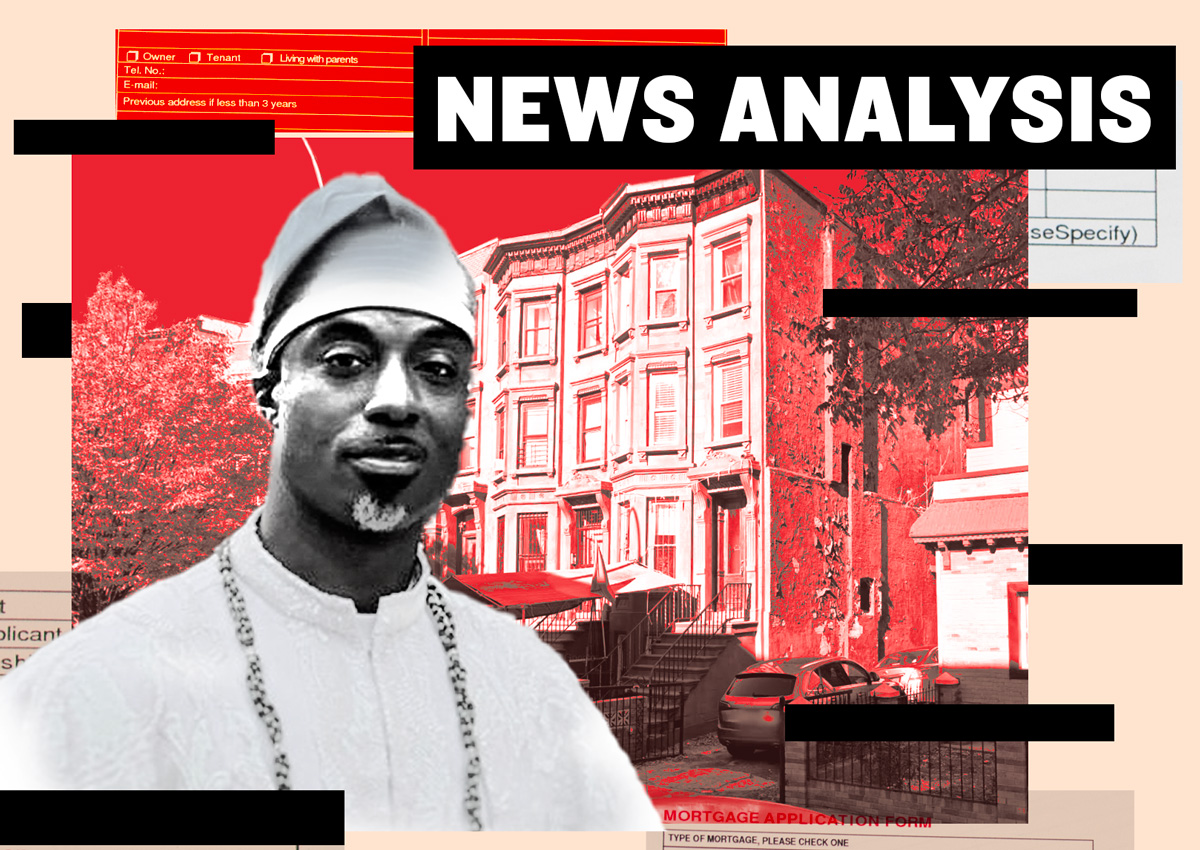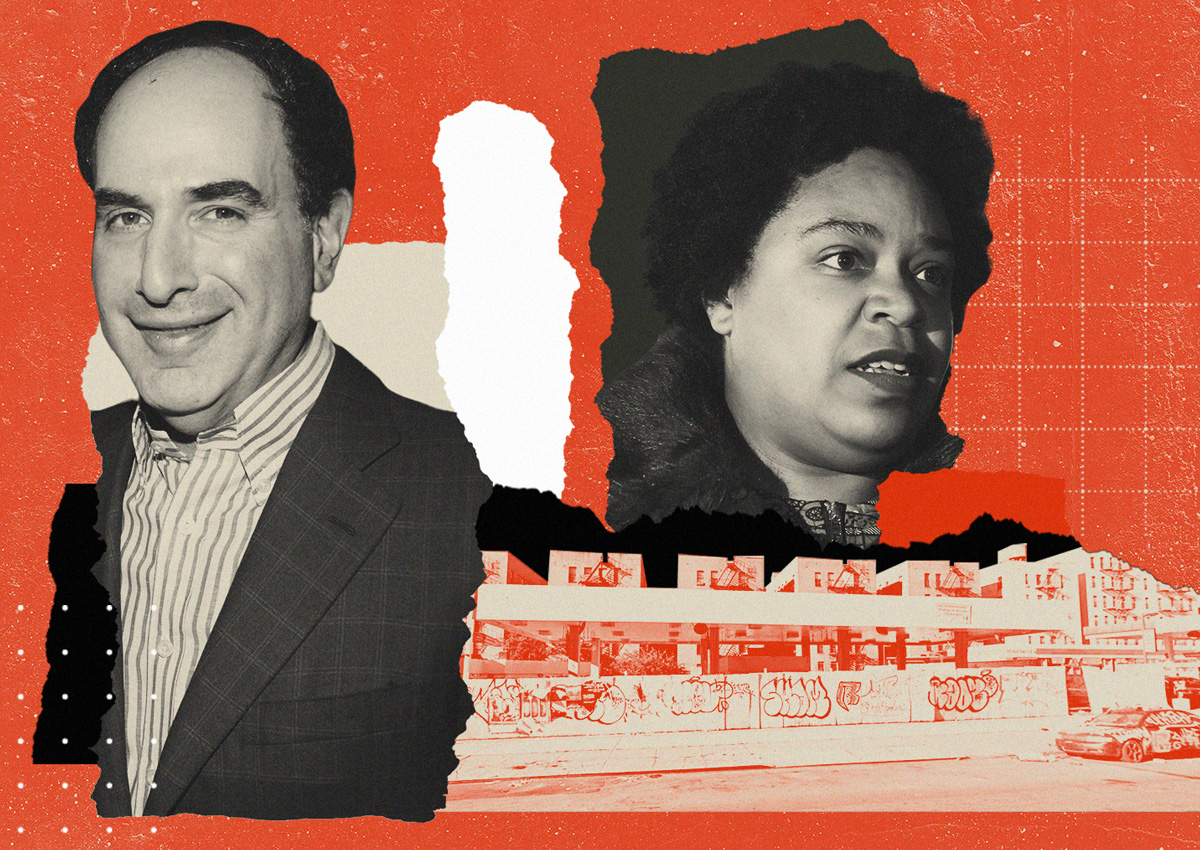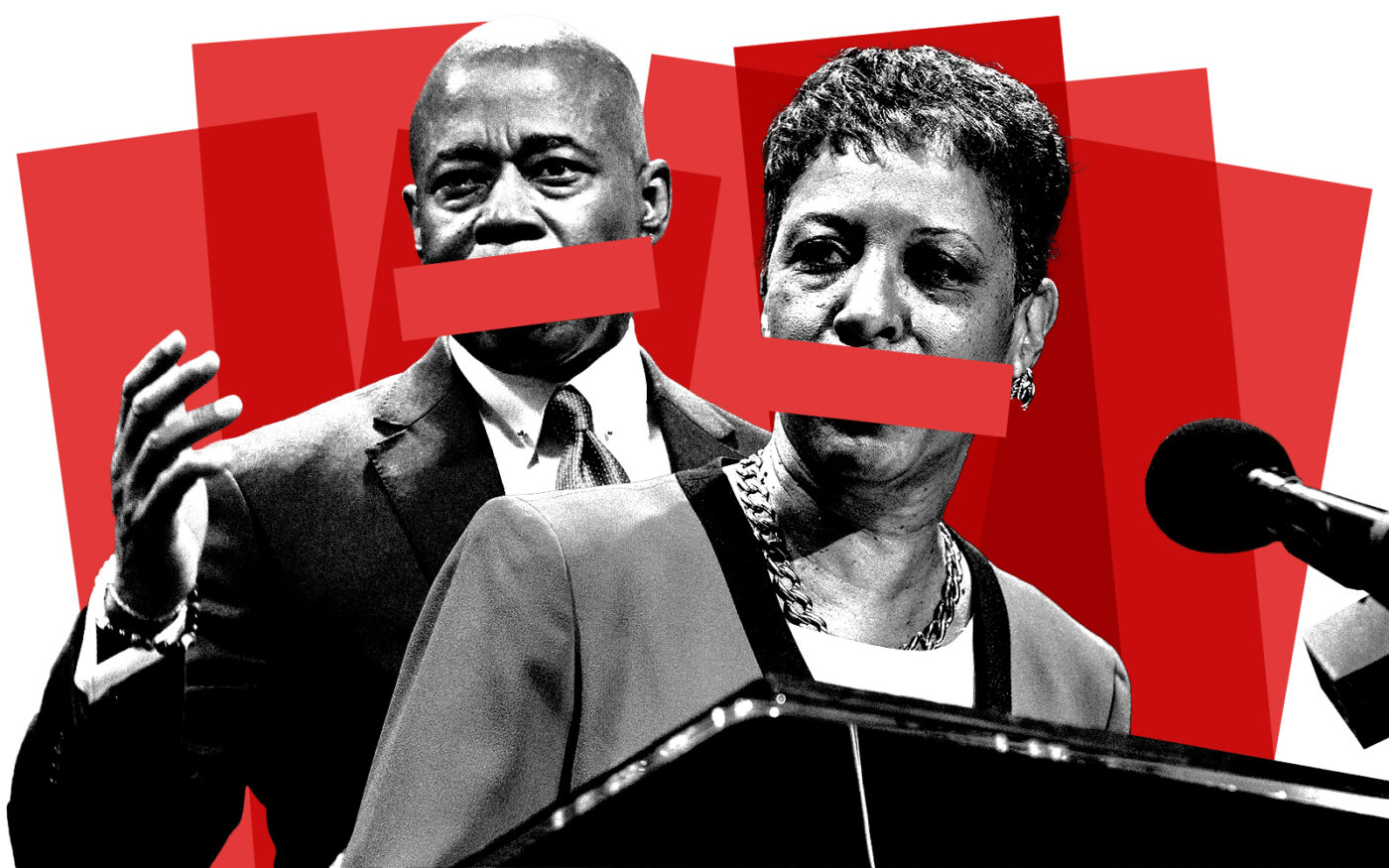Politicians don’t always say exactly what they mean. You might have noticed this.
The rental voucher dispute, which comes to a head today, is a case in point. So I’m going to say all the things the mayor and City Council have refused to.
First, Speaker Adrienne Adams’ City Council declared it would pass — with a “veto-proof majority” — rental-voucher bills that give tenants CityPHEPS vouchers without making them spend 90 days in a homeless shelter.
Every Council bill passes with a veto-proof majority, but the press releases never say that. This time they did. Translation: “The mayor told us he would veto the bill, and we’re going to override him.”
Political observers knew Mayor Eric Adams would veto it when he issued an executive order that did what the Council bills would do: End the 90-day rule.
When a mayor, governor or president issues an executive order doing what legislators are about to do, it means: “I’ll do this my way, not yours.” When the media asks why he vetoed the bill, he can claim to agree with the idea and even take credit for it.
Given his initial opposition, though, I don’t think the mayor actually agreed with it. But defending the 90-day rule would make New Yorkers angry, so he endorsed the reform and tried to water it down. Quietly.
In announcing the executive order, the mayor vaguely summarized, in three words, the difference between his way and the Council’s: “Removing this rule will help even more people into permanent housing as quickly as possible and will do something without overburdening taxpayers.”
Throughout the debate over the bills, administration officials had warned they would cost $4 billion to $14 billion. Now they are saying $17 billion over five years.
No landlords are complaining, though, because the voucher money will end up in their pockets. Neither side has acknowledged that. Shocking!
Nor have they acknowledged that giving tenants billions of dollars for rent will allow landlords to raise rents on the most affordable free-market apartments. Vouchers make infinitely more sense than rent control, but they do push up rents by putting money in tenants’ hands.
What Adams’ aides did say is that giving CityPHEPS to non-shelter residents would make it harder for people to escape shelters because they’d be competing for apartments with lots of new voucher-holders.
Yet a Council spokesperson said the opposite: “It is the mayor’s approach of forcing more people into shelters in order to be eligible for vouchers that will create more competition” — that is, more shelter residents seeking housing.
Who is right?
The Council is claiming vouchers will keep people in their homes, out of expensive shelters, and off the rental market. “Every New Yorker kept in a current apartment subtracts from those entering the shelter system and searching for new apartments with vouchers,” the spokesperson said.
That’s not exactly true.
Every New Yorker forced out of an apartment does not go to a shelter. Most move in with relatives or friends or find another rental, in the city or elsewhere. Again, our representatives won’t say that, because what voters would hear is “We don’t want to help you.”
Adams’ initial reluctance to end the 90-day rule suggests he wants people to find or remain in housing without getting taxpayer-funded vouchers, probably for years.
But when the Council overrides the mayor’s veto today, tenants below a certain income level will simply need to show they’re struggling to pay rent to receive vouchers worth hundreds of dollars a month.
Landlords will happily write letters saying, “Mrs. Smith is behind on rent.” And if tenants actually need to skip rent to get free money, they will. Many did to qualify for the state’s pandemic rent aid. The term “moral hazard” comes to mind.
That’s another thing the government won’t say out loud. But wait — there’s more.
The shelter system is expensive. It is also scary. That saves the city money because people avoid it if at all possible. Some displaced New Yorkers — estimates vary on how many — never get vouchers or run up shelter costs because they crash on a relative’s couch rather than endure shelters for months or years. A record 103,400 people are in city shelters, but the doubled-up population is surely higher.
Read more



Is the Council setting off a voucher bonanza that will cost the city more than the 90-day rule did? The mayor seems to think so. Yet the Council, as well as advocates for homeless people, claim handing out vouchers pre-shelter will save money.
The mayor’s prediction is likely more accurate, even if he won’t say why.
This will be the first veto override since the Bloomberg administration, and it’s no small issue. Billions of dollars and millions of New Yorkers’ futures are at stake. We deserved an honest debate.
